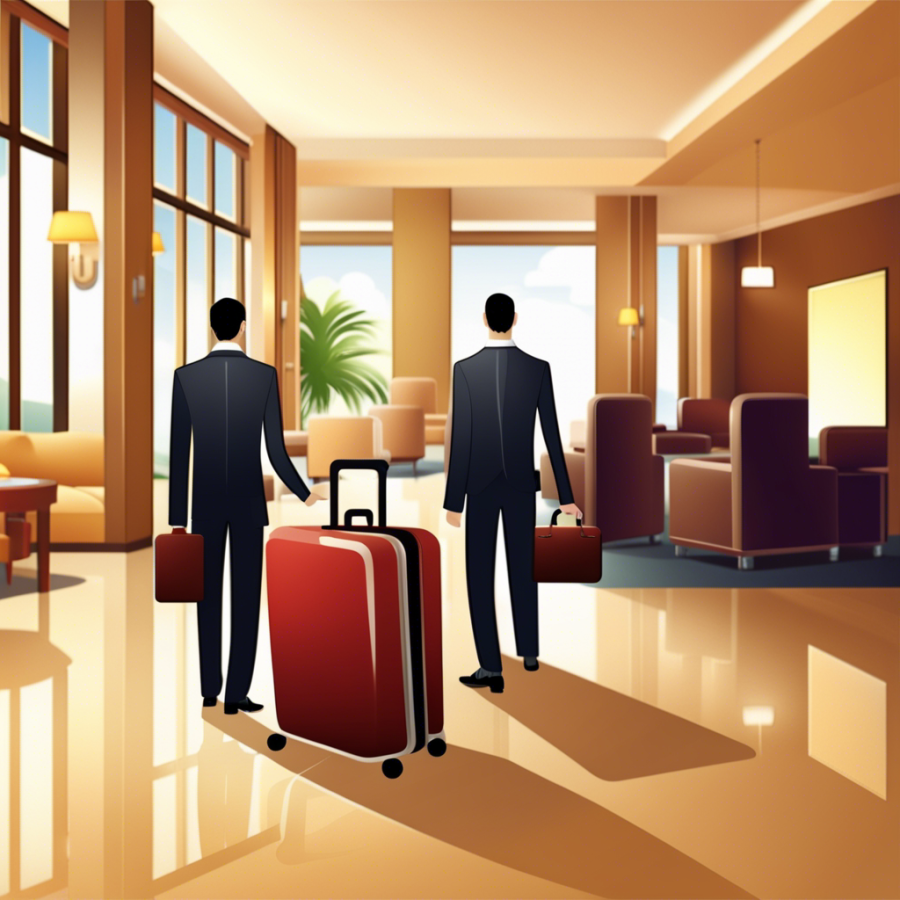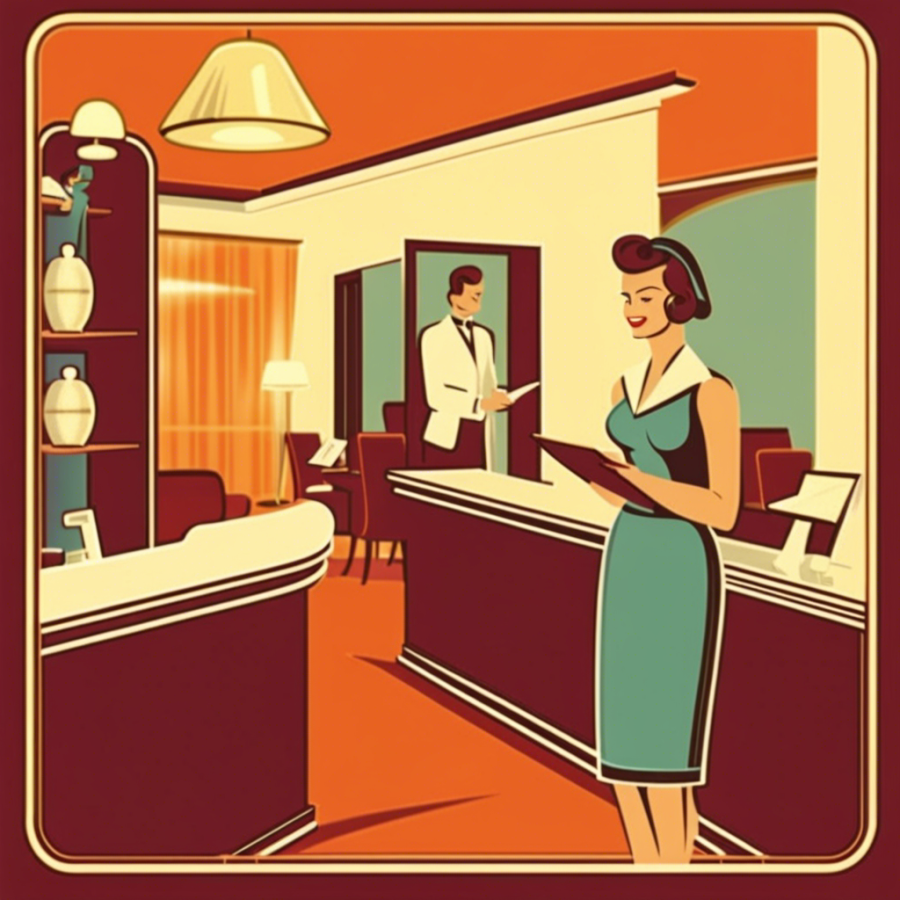Hotel Liability Towards Guests - A Case Study
This Article and the Above Image on Hotel Liability Towards Guests, is Generated by Chat Gpt Hotel.
Read and Enjoy!
Introduction:
In the hospitality industry, ensuring the safety and well-being of hotel guests is of paramount importance. Hotel liability towards guests plays a crucial role in determining the level of protection and responsibility that hotels owe to their guests. In this article, we will delve into the concept of hotel liability towards guests through a comprehensive case study analysis. By examining a specific case, we can gain insights into the legal obligations and duty of care that hotels have towards their guests.
Case Study:
The case study revolves around a guest, Mr. Smith, who stayed at a renowned hotel for a business conference. During his stay, Mr. Smith slipped and fell in the hotel lobby due to a wet floor. As a result, he sustained injuries to his back and required medical attention. This incident raises questions about the hotel's liability towards Mr. Smith and the steps they should have taken to prevent such accidents.
Liability Towards Guests:
Hotels have a duty of care towards their guests, which means they are responsible for ensuring a safe environment within their premises. This duty includes maintaining cleanliness, addressing potential hazards promptly, and implementing reasonable safety measures. In the case of Mr. Smith, the hotel's liability arises from their failure to provide a safe lobby area by allowing the floor to remain wet without warning signs or adequate drying measures.
Negligence:
To establish liability, it is important to prove that the hotel was negligent in its duty of care towards Mr. Smith. Negligence refers to the failure to exercise reasonable care, resulting in harm to another person. In this case, the hotel's failure to promptly address the wet floor and warn guests of the potential hazard can be considered negligence. Mr. Smith's injuries could have been prevented if the hotel had taken appropriate measures to ensure guest safety.
Legal Obligations:
Hotels have legal obligations towards their guests, which are typically outlined in local regulations and laws. These obligations include maintaining the premises in a safe condition, regularly inspecting for potential hazards, and taking necessary actions to mitigate risks. Failure to fulfill these obligations can lead to legal consequences, such as lawsuits and financial liabilities. In the case of Mr. Smith, the hotel's negligence in maintaining a safe environment may result in legal action against them.
Guest Compensation:
When guests suffer injuries or damages due to a hotel's negligence, they may be entitled to compensation. Compensation can cover medical expenses, lost wages, pain and suffering, and other relevant damages. In the case of Mr. Smith, he can seek compensation for his medical bills, any income he lost due to his injuries, and the pain and suffering he endured. It is crucial for hotels to have appropriate liability insurance to protect themselves from such claims and ensure that guests are adequately compensated.
Preventing Accidents:
To mitigate the risk of accidents and potential liability, hotels should prioritize guest safety and implement preventive measures. This includes regular inspections of the premises, prompt response to potential hazards, and training staff to identify and address safety concerns. Additionally, hotels should have clear policies and procedures in place for handling accidents and providing immediate assistance to guests. By taking proactive steps, hotels can minimize the likelihood of accidents and protect both their guests and themselves from liability.
Conclusion:
Hotel liability towards guests is a critical aspect of the hospitality industry. Through the case study analysis of Mr. Smith's accident, we have gained insights into the legal obligations and duty of care that hotels have towards their guests. Negligence in maintaining a safe environment can result in legal consequences and financial liabilities for hotels. It is essential for hotels to prioritize guest safety, implement preventive measures, and have appropriate liability insurance to protect both their guests and themselves. By doing so, hotels can ensure a positive and secure experience for their guests while minimizing the risk of accidents and potential liability.
Subscribe and Try the Free Trial of Chat Gpt Hotel to Manage Your Hotel Easily.
Chat Gpt Hotel - Artificial Intelligence for Hotels and Hoteliers.






Comments (0)